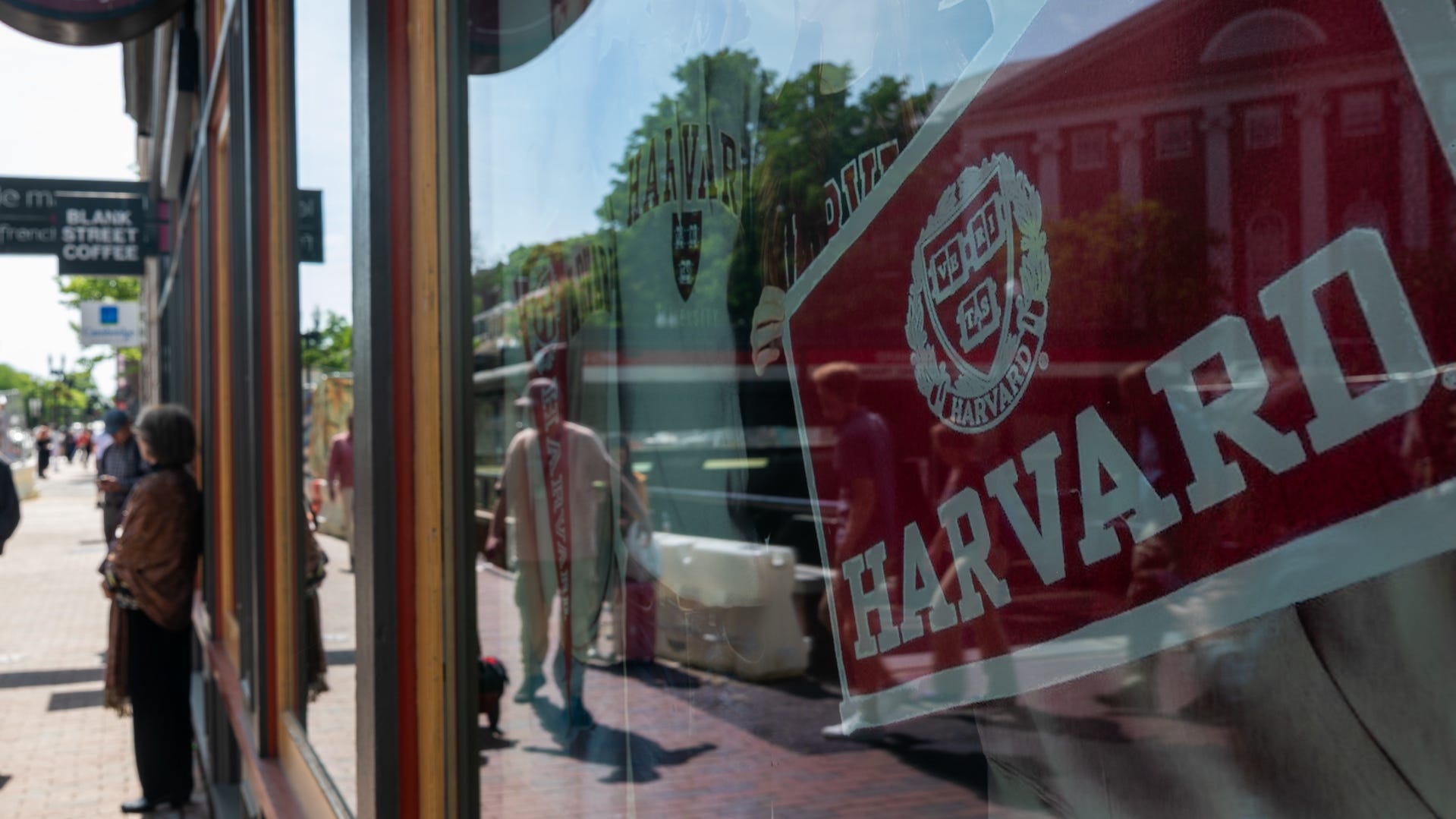Judge orders Harvard scientist Kseniia Petrova released from custody

A federal judge ordered the release of Kseniia Petrova, the Russian-born Harvard scientist who another federal judge previously said was unjustly detained by customs officials.
At a June 12 hearing in Boston, Magistrate Judge Judith Dein ordered the 30-year-old researcher’s pre-trial release while she faces a felony smuggling charge alleging she illegally brought non-living lab samples to the United States in February. She has pleaded not guilty and her lawyers strongly dispute the charge.
Petrova, who had been held in custody for nearly four months, spoke briefly outside of the Massachusetts courthouse with lawyers. Smiling and no longer in a jail uniform, she thanked friends and colleagues for their monthslong support.
"The legal process, even though it may be slow, is working," Gregory Romanovsky, her lawyer, told reporters.
The U.S. Attorney's Office in Massachusetts confirmed the court ordered Petrova released. The office had no further comment.
A monthslong legal saga
Petrova works for a Harvard Medical School lab studying aging and cancer.
She has been held in detention since February, after she brought frog embryo samples from Paris. A customs official at Boston’s Logan International Airport detained Petrova on Feb. 16 and subsequently revoked her J-1 visa.
She was held in immigration detention in Louisiana for three months before federal prosecutors charged her with felony smuggling for attempting to bring the samples into the country. Officials then placed her in U.S. Marshals Service custody.
She has sued the Trump administration for being held in custody for nearly four months.
Before being charged criminally, Justice Department lawyers tried to dismiss the case to deport her to Russia. She said she would face persecution in Russia for protesting the war in Ukraine. She has agreed going back to France.
On May 28, federal district Judge Christina Reiss, of Vermont, found Petrova’s detention was unlawful. Reiss granted her release from Immigration and Customs Enforcement custody, but she remained in Marshals custody for the criminal charge.
Federal prosecutors in Massachusetts unsealed a felony smuggling charge against Petrova, which carries a prison sentence of up to 20 years or a fine of up to $250,000.
Prosecutors said Petrova “fraudulently and knowingly” imported specimens. The government produced text messages saying she was warned that she would need permits to bring in samples, and she told customs officers she wasn’t sure about embryos specifically.
Petrova has said she didn’t lie to officials. Judge Reiss agreed the samples were nonhazardous and nonliving, and didn’t present a threat.
The immigration case is ongoing, Romanovsky said.
Petrova is among several international students and researchers ensnared in the Trump administration's sweeping immigration and visa crackdown.
Petrova has not decided whether she will stay in the United States, Romanovsky said. She has offers from other countries.
(This story has been updated to add new information.)
Eduardo Cuevas is based in New York City. Reach him by email at emcuevas1@usatoday.com or on Signal at emcuevas.01.